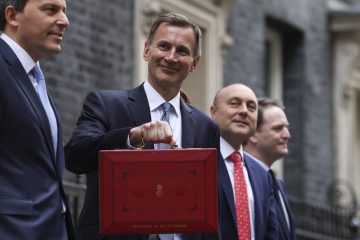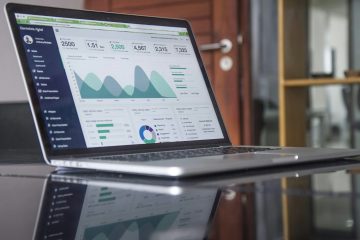The tax year of 2023/24 was the transition year from « current year » to the « tax year ». This means that businesses are taxed differently which can cause changes for Sole Traders when looking at how you declare your losses and planning your business and tax strategy.
Transition
Going from the « current year » basis of assessment, which charged tax on the profits of a 12 month period ending the tax year to the « tax year » basis of assessment which taxes the profits actually arising in the tax year, will involve an adapting period for businesses apart for businesses that already have a year-end between 31 March and 5 April who are not affected.
For 2024/25 and moving forward, cash basis is the default method of calculating taxable profits. If you wish to elect out of the cash basis, you have until one year after the relevant self-assessment filing date to make the election. Your taxable profits will then be calculated by matching income and expenditure to the period to which they relate.
Losses and Planning
Losses made by an unincorporated can be offset against your other income in that year subject to a maximum £50 000 or 25% of your total income for the year, depending on what is greater. Unused losses can be carried forward against future profits of the same trade with no limits.
Employing a spouse or a child might allow them to utilise their personal allowance and provide a NICs record for state pension purposes. The level of salary paid must match the duties performed and meet the National Minimum Wage requirements. Pension contributions can also be made on behalf of a spouse or child whom you employ, to save tax and NICs.
If you need any help or advise as a sole trader, please contact us.


